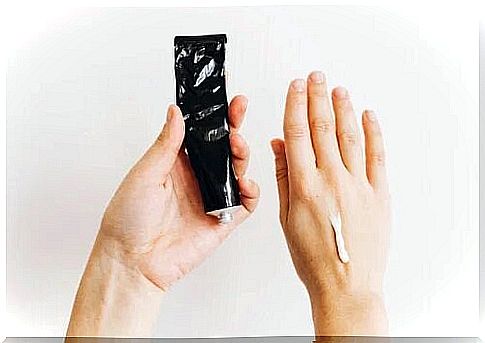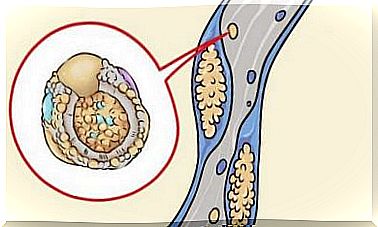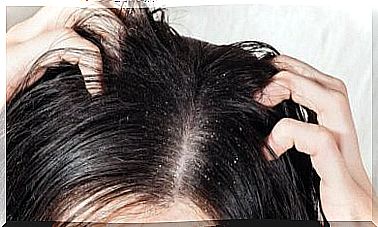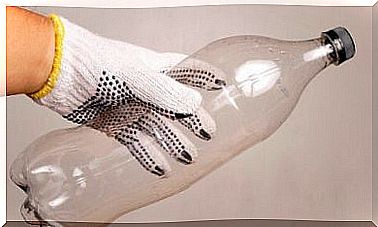Diprogenta: What Is It And What Is It For?
Diprogenta is indicated for the relief of inflammatory manifestations of dermatoses which respond to corticosteroids, particularly when these are complicated by secondary infection, caused by microorganisms sensitive to gentamicin.

Diprogenta is the name of a medicine made from the combination of betamethasone dipropionate and gentamicin sulfate. It is used to treat inflammations of dermatosis which are also accompanied by infections. It comes in the form of a cream, so its use is exclusively topical, that is to say external.
What is Diprogenta?

Diprogenta is a medicine that combines two different active ingredients : the potent corticosteroid betamethasone, as dipropionate, with the bactericidal antibiotic gentamicin as sulfate.
Betamethasone dipropionate has anti-inflammatory activity and immunosuppressive and antiproliferative properties. Corticosteroids, when used topically, inhibit inflammatory and allergic skin reactions. They produce vasoconstrictor action and their immunosuppressive properties reduce the response to hypersensitivity reactions.
In this way, they lead to the remission of symptoms such as erythema, edema and exudation. They also relieve the discomfort of itching, burning sensations and pain. Anti-inflammatory effects are the result of inhibiting the formation, release and activity of inflammatory mediators.
On the other hand, gentamicin sulfate is an aminoglycoside antibiotic with a bactericidal effect, which works by inhibiting the protein synthesis of bacteria. Gentamicin is generally active against many aerobic Gram-negative bacteria and some Gram-positive bacteria.
Diprogenta works relatively quickly and its effects last. For this reason, it can be applied once or twice a day, in a thin layer on the area to be treated.
Indications of Diprogenta
Diprogenta is indicated for the relief of inflammatory manifestations of dermatoses that respond to corticosteroids, particularly when these are complicated by secondary infection, caused by microorganisms sensitive to gentamicin.
These dermatoses include:
- Solar.
- Eczema.
- Psoriasis.
- Dyshidrosis
- Exfoliative.
- Lichen planus.
- Neurodermatitis.
- Contact dermatitis.
- Atopic and seborrheic dermatitis.
As we said, this drug works by reducing inflammation and calming the itching and discomfort. In addition, it treats possible infections sensitive to the action of gentamicin.
However, its use should not exceed two weeks. Indeed, if the treatment with this active principle is prolonged, significant side effects may appear.
Possible side effects of Diprogenta

The side effects that may appear as a result of long-term use of this medicine and treatment of large areas of the body are:
- Atrophy of the skin.
- Inflammation of the hair follicles.
- Allergic reactions and infections.
- Redness, acne and rashes.
- Dryness or softening of the skin.
Other more serious side effects would include alterations not only to the skin but also to other systems and even the developmental process in juveniles. In addition, tolerance to gentamicin may also occur, which would facilitate subsequent infections resistant to this antibiotic.
Finally, in children, this drug has more aggressive reactions which can delay normal growth. This is why this medicine should not be used in children under 12 years old.
Precautions and contraindications

Among the contraindications we find that this drug, as we have said, can not be used in children under the age of twelve. It should also not be used in pregnant women, especially during the first trimester, or in nursing mothers.
People who are allergic to the components of this medication should not use it. Likewise, it should not be used for viral or fungal infections. It should also not be used in cases of syphilis, tuberculosis, inflammation of the mouth, eyes or genitals.
Experts advise against using this medication on large areas, on areas covered with bandages or on areas of the skin with many folds. The folded areas lend themselves to the growth of bacteria and fungi, which could lead to the development of resistance.
In the event of psoriasis accompanied by infections, the indication of this medication must be made under medical supervision and be kept closely monitored. Most importantly, Diprogenta should never be used on open wounds.
Any use of this medication in other skin conditions will only help to cover up the symptoms. This could prevent or delay the diagnosis by the dermatologist.
Diprogenta has potent antibacterial activity and marked local anti-inflammatory effects. In the dosage and form of administration recommended for clinical use, this drug is non-toxic and has very good systemic tolerance.









